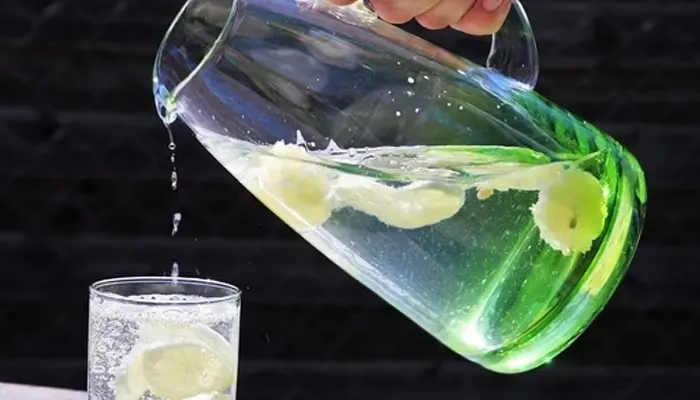
Delve into the cultural and health-related reasons behind Japan's tradition of avoiding water during meals.
In Japan, one particular food habit stands out to many outsiders. It is the avoidance of drinking water during meals. While it might seem counterintuitive to refrain from sipping water while eating, this practice has deep roots in Japanese culture and is believed to have both practical and health-related reasons behind it. Read on to know more about it.
Tradition and Cultural Significance
In Japan, food is revered not only for its taste but also for its presentation and significance. Meals are often seen as moments to appreciate the flavours and textures of each dish, as well as to connect with family and friends. Drinking water during meals is considered to dilute the flavours and disrupt the dining experience, detracting from the enjoyment of the food.
Focus on Digestion

One of the primary reasons for avoiding water during meals in Japan is the belief that it hinders digestion. Traditional Japanese medicine emphasizes the importance of maintaining proper digestion for overall health and well-being. Consuming water with meals is thought to dilute the digestive juices in the stomach, making it more difficult for the body to break down food efficiently. By abstaining from drinking water during meals, it is believed that the digestive process can proceed more smoothly, leading to better absorption of nutrients and less discomfort after eating.
Temperature Considerations
Another factor to consider is the temperature of the water. In Japanese culture, it is believed that cold water can shock the digestive system and disrupt the balance of internal body temperature. Warm or room-temperature beverages are preferred, as they are thought to be gentler on the stomach and promote better digestion. This preference for warm beverages extends beyond just meals and is evident in the widespread consumption of hot tea throughout the day.
Hydration Habits
While avoiding water during meals is a common practice in Japan, it does not mean that hydration is neglected altogether. Japanese people typically drink plenty of fluids throughout the day, but they prefer to do so between meals rather than during them. This allows for proper hydration without interfering with the dining experience or digestion process.
Cultural Influence on Behavior

The avoidance of drinking water during meals in Japan is also deeply ingrained in social etiquette. In Japanese dining settings, it is considered polite to focus on the food and engage in conversation with dining companions rather than interrupting the meal to drink water. This emphasis on mindfulness and respect for the dining experience contributes to the cultural norm of refraining from drinking water while eating.
While the practice of avoiding water during meals in Japan is steeped in tradition and cultural beliefs, it is also supported by some modern health perspectives. Research suggests that drinking water with meals may indeed affect digestion by diluting stomach acid and enzymes. Additionally, staying hydrated throughout the day is important for overall health, but it can be beneficial to consume fluids separately from meals to optimize digestion.












